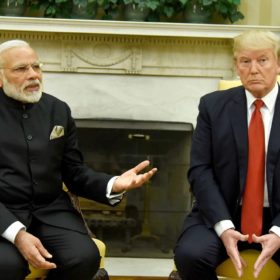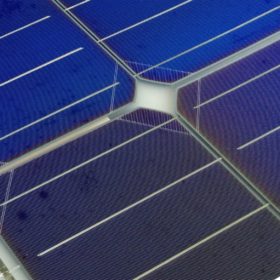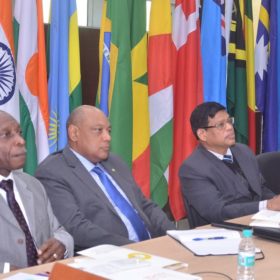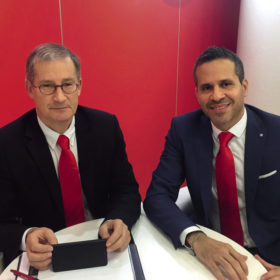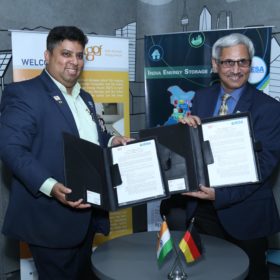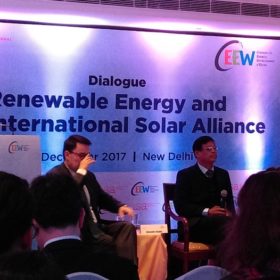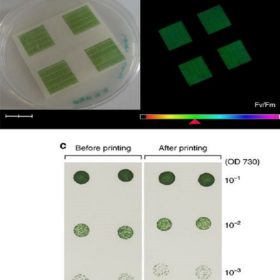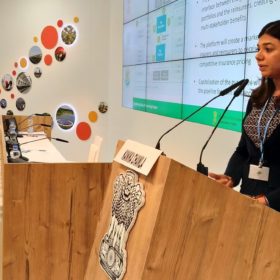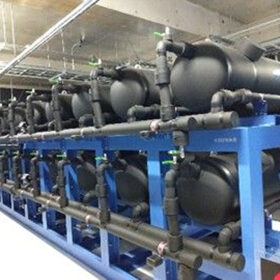US rejects establishment of compliance panel, disagreeing with India’s WTO claim
The United States blocks India’s request for a panel to investigate Indian compliance to solar cells ruling. Thus, the Dispute Settlement Body (DSB) has deferred the establishment of a compliance panel. Moreover, U.S. reserves its right to obtain WTO authorization to take countermeasures against India, but there is desire to find a bilateral resolution.
Germany’s ISFH announces 26.1% efficiency for p-type crystalline cells
The Institute for Solar Energy Research Hamelin (ISFH) and the Leibniz Universität Hannover claim that this result is a world record for p-type silicon material, as well as a European record for crystalline silicon.
Guyana, and Togo ratify ISA framework
With two new countries, the Republic of Guyana, and Togo, the number of nations to have ratified the International Solar Alliance (ISA) framework agreement has reached 21. ISA will host 6th International Steering Committee (ISC) meeting on February 20.
Agfa upbeat for new mono-backsheet
Module technology: Agfa has developed a backsheet that consists of a single layer – an innovation that could well prove advantageous in the field, offering further opportunities to reduce delamination, lower LCOE, and result in boosted efficiency thanks to higher reflectivity.
IESA, IGEF sign deal at Intersolar India to promote energy storage
India Energy Storage Alliance (IESA) has signed an MoU with Indo-German Energy Forum (IGEF) to promote and facilitate the energy storage business in India among various German and Indian stakeholders.
CEEW commences ISA’s National Focal Points Conclave 2017
The conclave happened the day after ISA became a recognized legal intergovernmental body based in India. The event observed some intense discussions on the ISA’s ambitious programs. The main topic was the finance, where ISA aims to ease the process, with CEEW supporting via common risk mitigation study.
Researchers demonstrate feasibility of bio-photovoltaic cells to generate electricity
Using water as the source of electrons, microbial bio-photovoltaic (BPV) cells have the capacity to exploit the ability of cyanobacteria and microalgae to convert light energy into electrical current.
India committed to its renewable energy targets, MNRE says at COP23
Panel consisting of government officials and industrialists organized discussion on ‘Innovative Financing and Market Evolution to achieve 175 GW renewables by 2022’ at the India pavilion at COP23 in Bonn. The government remains ambitious to meet its target and to follow sustainable development.
PI Berlin creates subsidiary in India
The Photovoltaik-Institut Berlin (PI Berlin) has created a new subsidiary based in Delhi to help local manufacturers provide quality assurance and consultancy relating to the planning, construction and operation of solar power plants.
ISA presents risk mitigation feasibility study for pilot 20 GW capacity
The International Solar Alliance (ISA) presents its first offering, a Common Risk Mitigation Mechanism (CRMM) feasibility study, at COP23 in Bonn, Germany, to deepen solar markets, which aims to mobilize up to $1trn of capital investment by 2030.
